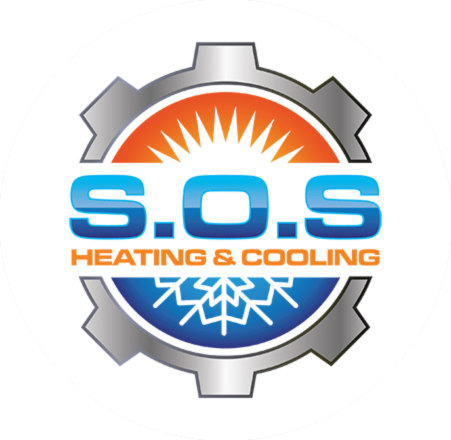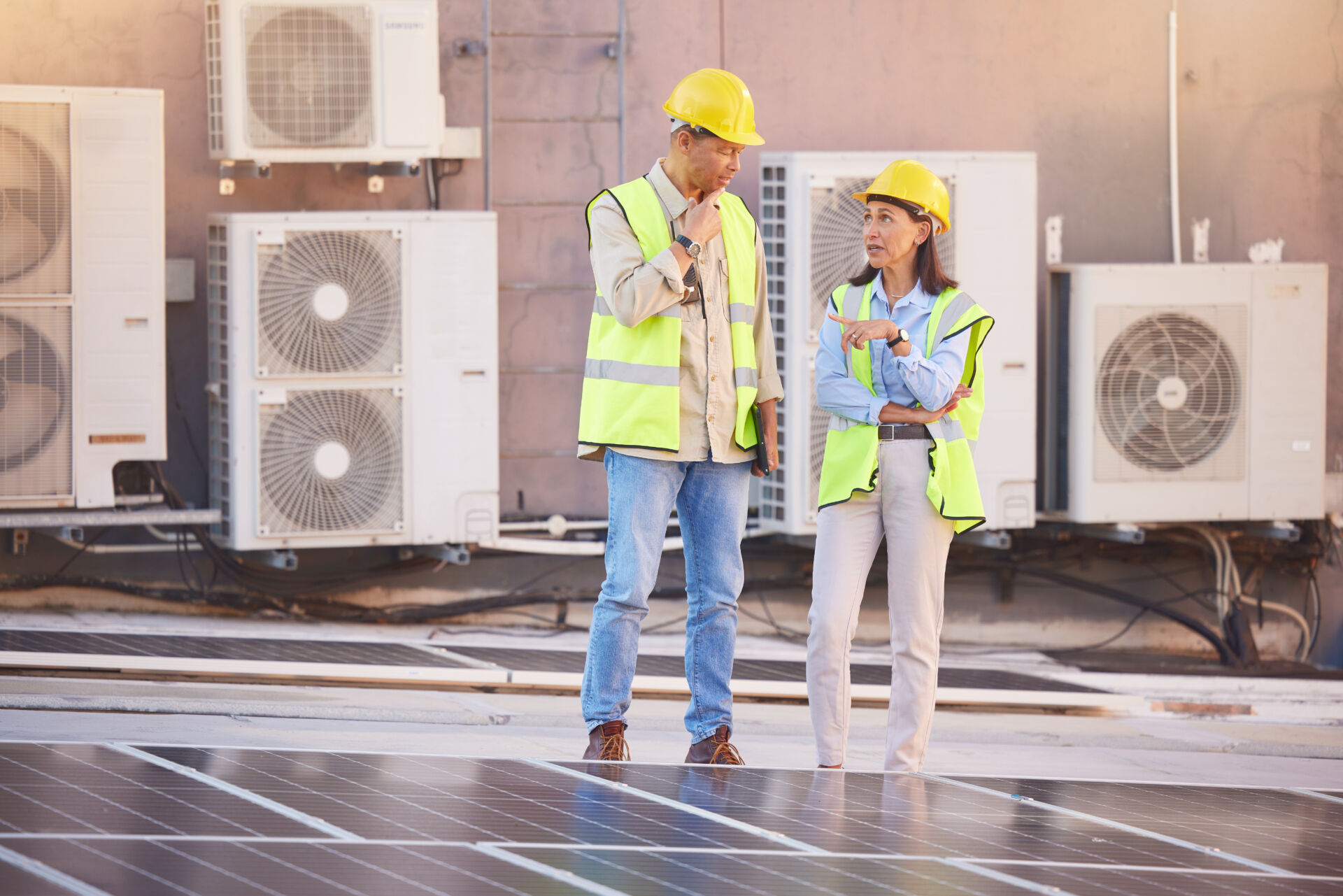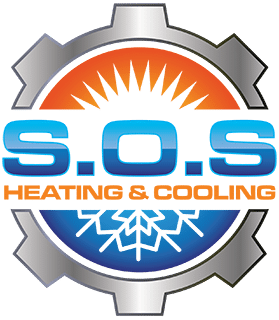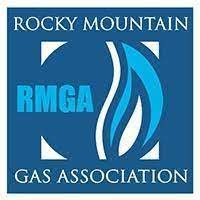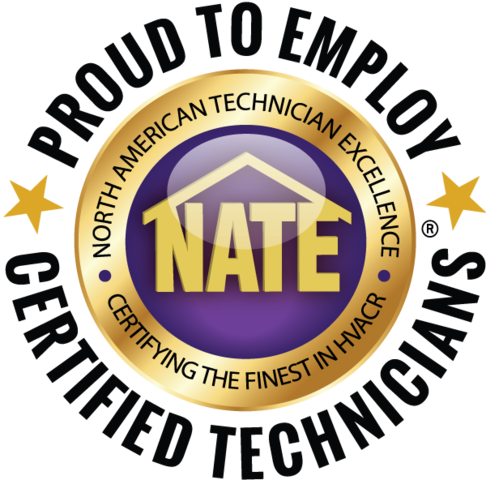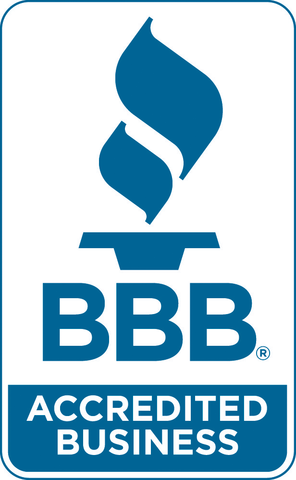Maintaining the air conditioning systems in commercial buildings is an essential task that facilities managers cannot afford to overlook. Effective AC maintenance ensures that systems run efficiently, energy costs are minimized, and the lifespan of the equipment is extended, all while maintaining a comfortable environment for occupants. In the dynamic climate of Salt Lake City, where temperatures can vary dramatically, it’s particularly vital to keep commercial HVAC systems in top condition.
This article presents proven strategies for managing AC maintenance in commercial buildings effectively. By adopting these approaches, building managers can not only prevent the discomfort of unexpected breakdowns but also realize significant savings in operational costs. Understanding and implementing the right maintenance tactics is key to optimizing system performance and ensuring reliability year-round. These strategies will help you maintain a proactive stance on AC care, which is crucial for the smooth operation of any commercial facility.
Schedule Regular Professional Inspections
Ensuring your commercial building’s AC system remains in optimal working condition starts with scheduling regular professional inspections. Experienced HVAC technicians can identify and address potential issues before they escalate into costly repairs or lead to system failures. These inspections should include checking the refrigerant levels, examining the integrity of electrical components, ensuring thermostats and control systems are functioning correctly, and assessing the overall efficiency of the unit. Regular checks also help maintain the system's energy efficiency, reducing monthly utility costs and contributing to a greener operation.
Implement Preventative Maintenance Programs
A preventative maintenance program is essential for extending the lifespan of your AC system and ensuring it operates efficiently. This involves routine tasks such as changing or cleaning air filters, cleaning coils, checking ducts for debris, and ensuring that all moving parts are well-lubricated. In commercial settings, where downtime can be particularly disruptive, preventative maintenance helps avoid unexpected breakdowns that could impact daily operations and comfort. It’s crucial to work with trained professionals who understand the complexities of commercial HVAC systems to set up a maintenance schedule tailored to your specific needs.
Upgrade to Smart Control Systems
Advancements in technology have made managing commercial AC systems more efficient than ever. Upgrading to smart control systems allows for better regulation of heating, ventilation, and air conditioning, leading to enhanced comfort and reduced energy usage. Smart thermostats can learn your building’s usage patterns and adjust temperatures accordingly, while also providing real-time insights on system performance and energy consumption. Remote monitoring capabilities allow managers or maintenance teams to keep an eye on the system performance from anywhere, making it easier to pinpoint issues immediately and often remotely resolve them without needing to dispatch a technician.
Focus on Air Quality and Ventilation
Maintaining good indoor air quality and proper ventilation is crucial in commercial buildings, not only for occupant comfort but also for health reasons, especially in environments sensitive to pollutants or where there’s significant foot traffic. Regular AC maintenance should involve assessing the efficiency of the ventilation system. This includes checking for blockages in vents and ensuring that air is circulating properly throughout the building. Enhancing your ventilation systems by integrating them with your AC maintenance practices helps prevent the buildup of pollutants and manages humidity levels, both of which contribute to creating a healthier indoor environment.
Regularly Update and Replace AC Units
While regular maintenance can extend the life of an air conditioning unit, there comes a time when it becomes more cost-effective to replace an old unit rather than continually repairing it. Newer AC models are typically more energy-efficient and come equipped with advanced features that improve control and efficiency. Although the upfront cost of a new unit can be significant, the long-term savings in reduced repair costs and lower energy bills often justify the investment. Consulting with HVAC professionals can help determine the right time for an upgrade and ensure that the new system meets the specific needs of your building.
Educate Building Staff
It’s beneficial to have on-site staff who are knowledgeable about the basic functions of the AC system and proactive in identifying signs of potential issues. Simple actions taken by trained staff can significantly support the maintenance strategy. For example, noticing and reporting unusual noises, smells, or a sudden increase in energy usage can lead to quick diagnostics and prevent more extensive damage. Regular training sessions can be instrumental in empowering your staff to better understand and support the ongoing maintenance of the HVAC systems.
Manage and Adjust for Seasonal Changes
Commercial buildings require different approaches to AC maintenance as the seasons change. Preparing for the switch from cooling to heating in the fall and vice versa in the spring involves specific checks and maintenance tasks to ensure systems are ready to handle the new demands. Seasonal checks might include clearing debris from around outdoor units, checking for damage that may have occurred during harsh weather, and recalibrating systems to handle different temperature and humidity levels. Adopting a seasonal approach to AC maintenance ensures that the systems remain effective and efficient all year round.
By strategically managing AC maintenance, we ensure that systems remain in peak condition, offering optimal comfort and efficiency. Through regular professional inspections, preventative maintenance, smart technology integration, and focusing on air quality and morale, managing commercial AC systems need not be a daunting task. With the right practices in place, businesses can maximize the performance of their HVAC investments while minimizing downtime and operational disruptions.
Ensure Peak Performance with Expert HVAC Maintenance
Properly managing AC maintenance in your commercial building is critical for maintaining a comfortable, healthy, and efficient environment. Implementing a comprehensive maintenance strategy not only enhances system performance but also contributes significantly to energy savings and operational continuity. Remember, proactive maintenance is always less costly than reactive repairs.
We specialize in providing professional HVAC services tailored to the unique needs of commercial buildings in Salt Lake City. Our team of certified technicians at S.O.S. Heating & Cooling is equipped to handle all aspects of HVAC maintenance, repair, and installation, ensuring your systems operate efficiently throughout the year. Trust us to help you implement effective AC maintenance strategies that will keep your system running smoothly and prolong its lifespan.
Don't wait for a breakdown to disrupt your business operations. Contact our HVAC company in Salt Lake City today to schedule a consultation and learn more about how we can support your AC maintenance needs.
